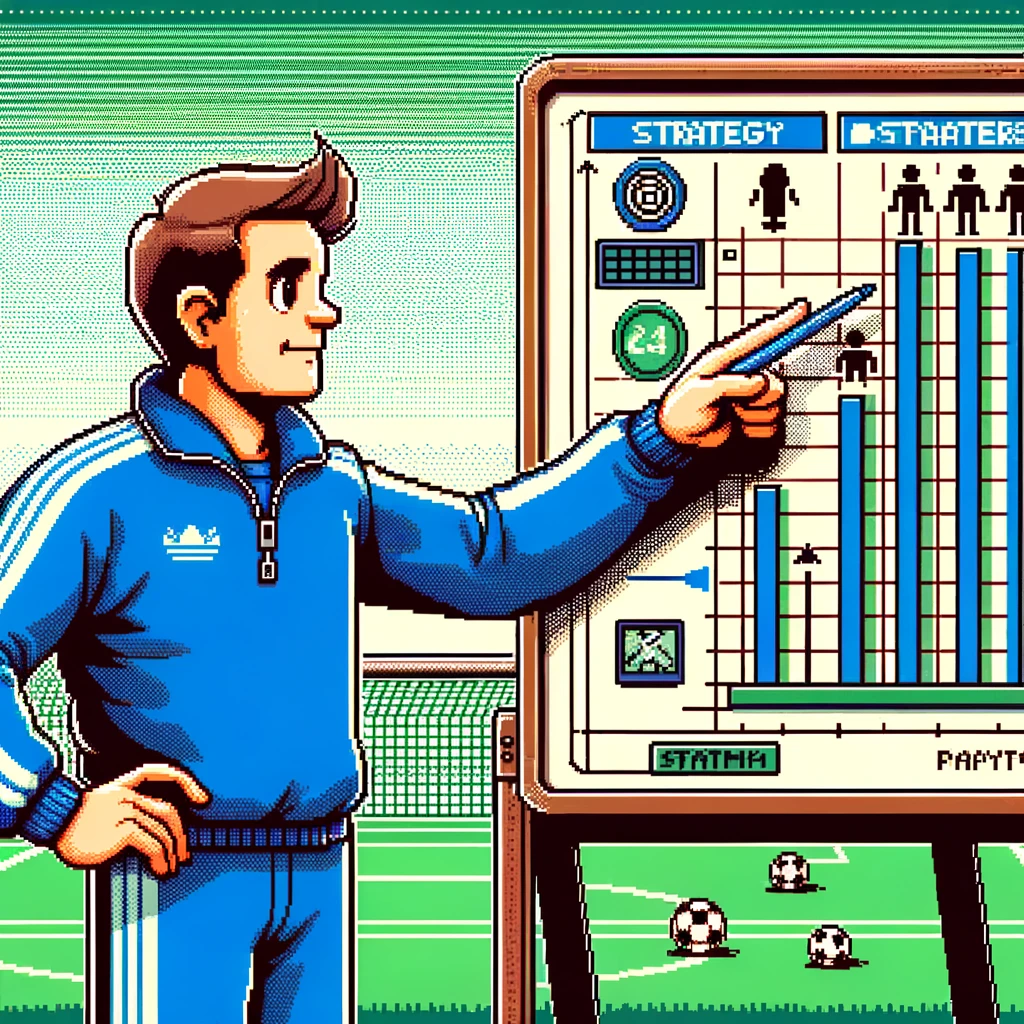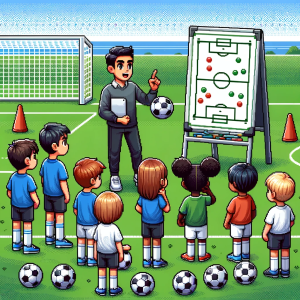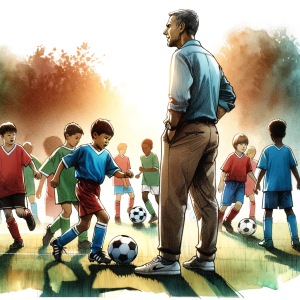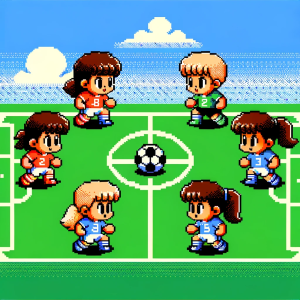
Unraveling the Complex World of Talent Development in Soccer
In the bustling arena of sports, the development of talent, particularly in soccer, has garnered significant attention both from the public and the scientific community. The quest to understand and optimize the journey from a promising young athlete to a seasoned professional is more than just a matter of national pride—it holds the potential to revolutionize coaching and player development methodologies.
Understanding the Landscape of Talent Research
A recent systematic review delves deep into the realm of soccer to explore the intricacies of talent development. The researchers have employed a two-dimensional taxonomy, distinguishing studies based on their focus on static vs. dynamic processes and interindividual vs. intraindividual differences. This categorization helps in understanding not just the attributes that signify a talented player but how these attributes interact over time to shape a player’s career.
Unfortunately, the majority of existing research leans heavily towards a static-interindividual approach. This means that most studies have been focusing on identifying common traits among groups of successful athletes at a single point in time. While this offers some insight, it significantly narrows our understanding of how talent truly evolves.
Breaking Down the Jargon
Let’s demystify some of the scientific terms used in the review:
- Static vs. Dynamic: ‘Static’ refers to looking at factors that do not change over time, while ‘dynamic’ refers to those that do.
- Interindividual vs. Intraindividual: ‘Interindividual’ comparisons are between different individuals, whereas ‘intraindividual’ focuses on changes within the same individual over time.
The Dynamic Nature of Talent Development
What’s particularly exciting, yet underrepresented in current research, is the dynamic-intraindividual perspective. This approach examines how individual players’ abilities develop and interact over time, offering a more nuanced view of talent development. It’s akin to watching a movie instead of looking at a snapshot; it provides a storyline, not just a scene.
This perspective is invaluable for soccer coaches and sports psychologists. It suggests that to truly nurture talent, one must consider a more personalized approach, taking into account how an individual’s skills and psychological attributes evolve in response to their experiences on and off the field.
Making Soccer Training Work for Each Player
Customized Training Plans: Every soccer player grows and improves at their own pace and in their own way. Coaches should create training plans that fit each player’s unique needs and growth. This means they might adjust workouts and advice to help each player develop their skills better and faster.
Keeping Track of Progress Over Time: Instead of just checking how players are doing once in a while, coaches should regularly check their progress. This includes looking at numbers like speed or goal statistics and also noting things like how confident a player seems. This ongoing tracking helps coaches see how players are improving over time and what might need more attention.
Combining Mind and Body Training: Soccer isn’t just about being physically strong; it’s also about having a strong mind. Including exercises that build mental toughness and thinking skills in regular training can help players become more complete athletes. This means training to handle pressure, stay focused, and think quickly can be as important as physical practice.
By focusing on these areas, coaches can help each soccer player reach their full potential, making the training more effective and tailored to each individual’s journey.
Engaging the Audience
For those interested in the deeper mechanics of talent development in soccer or other fields, this study not only broadens our understanding but also invites further inquiry into dynamic and individual-specific processes. Readers are encouraged to ponder how these findings might translate to other areas of talent development, such as education, music, or even business.
Conclusion: A Call to Future Research
This review underscores a critical need for future studies to adopt longitudinal and individual-specific methodologies. As we move forward, embracing these approaches will enhance our understanding of talent development not just in soccer, but across all disciplines of human achievement.
This systematic review not only advances our theoretical understanding but also sets a practical blueprint for nurturing soccer talent. By shifting focus from static attributes to dynamic processes, we can foster a generation of players who are not only skilled but also adaptable and psychologically robust.
Advance Your Soccer Knowledge:
Join the elite circle of soccer aficionados who appreciate the game beyond the field. ‘This Week in Soccer’ bridges the gap between complex soccer analytics and practical application. By subscribing to our newsletter, you’ll gain access to exclusive content, infographics, and forums that will enrich your understanding and love for soccer. Embrace the science and strategy of soccer today. Subscribe and transform your perspective!
About the Author
Jon Scaccia is a youth soccer coach and translational scientist. He has worked with the Exeter United Soccer Club for over five years, focusing on U5 development. In his day job, he works in data evaluation and implementation science.



